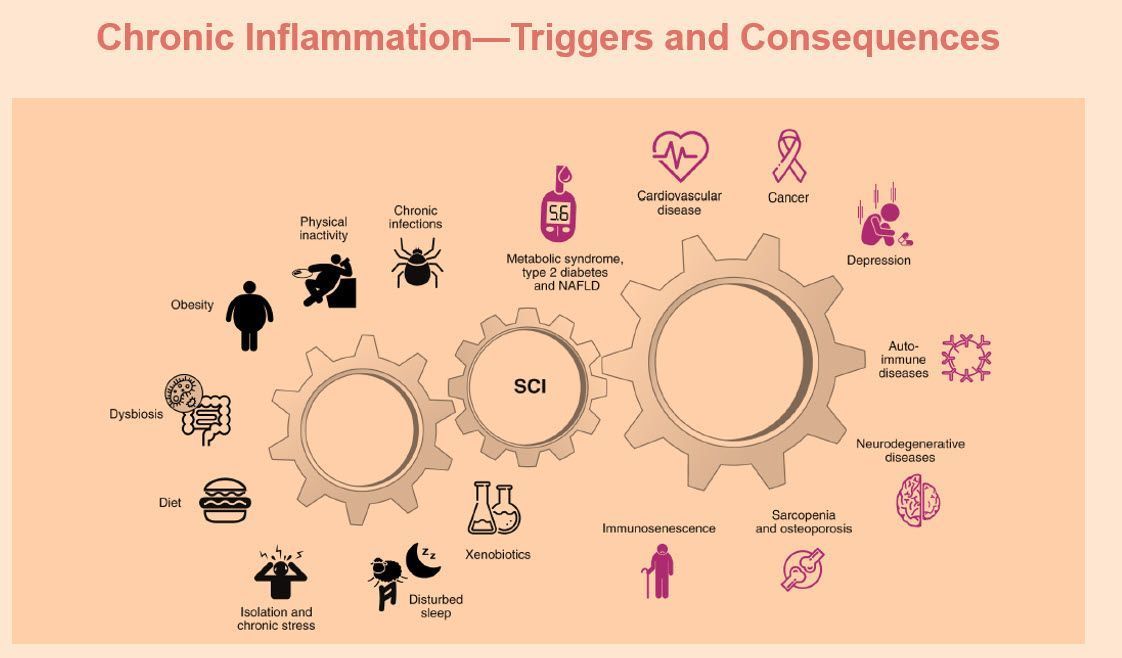Is the Cholesterol in Your Food Really a Concern?
It has long been a common myth that cholesterol consumed in foods, called dietary cholesterol, impacts the level of cholesterol in your body. Well, consider that myth busted. Science is now speaking and it seems as though the blame may have been misplaced all along. There are other factors in our diet that are more likely to be contributing to health problems and, specifically, heart disease.
Untangling Dietary Cholesterol and Blood Cholesterol
Blood Cholesterol Levels – What Gives?
If dietary cholesterol doesn’t affect blood cholesterol levels, what does? According to Penn Medicine’s Daniel Rader, MD, high blood cholesterol levels occur when the body’s mechanism for cleaning out excess cholesterol isn’t functioning. Genetics and dietary factors – outside of cholesterol consumed – are the two main reasons that this cleanup fails.
So what are the two biggest dietary culprits for high blood cholesterol? Turns out, it’s the type of fat you eat.
As you probably know, not all fats are created equal. Trans fats and saturated fats are implicated in causing heart disease, while unsaturated fats may have the reverse effect. Let’s take a look at each.
Trans Fats and Cholesterol
Fried foods, processed foods and stick margarine are the poster children for trans fats, as this fat is produced when processing liquid vegetable oils. These fats are known for raising LDL (bad) cholesterol and lowering HDL (good) cholesterol.
Saturated Fats and Cholesterol
High proportions of this form of fat can be found in animal products such as fatty meats, dairy products such as cream and butter and some vegetable oils such as coconut oil and palm oil. Saturated fats raise both LDL (bad) and HDL (good) cholesterol.
Unsaturated Fats and Cholesterol
These fats, found in plant products such as olive oil, many seeds and nuts and some seafood, have the ability to positively affect blood cholesterol. There are two main forms of unsaturated fats: monounsaturated and polyunsaturated.
When it comes to your diet, make sure to take a holistic view. Dr. Rader notes that it is important to look at each person individually. Some foods, like eggs, may be higher in dietary cholesterol but are also a good source of lean protein, amino acids, and many other nutrients. Keep your diet low in trans fats and saturated fats by decreasing consumption of processed foods and concentrating on increasing the whole or fresh foods in your diet.
Now that science is being taken into account, dietary recommendations are being re-evaluated when it comes to dietary cholesterol as a “nutrient of concern. In the latest version of Federal Dietary Guidelines, the cholesterol daily limit has been removed. That said, when it comes to choosing foods that are high in cholesterol, tread lightly. These foods also tend to be high in saturated fat. Eggs, including the yolks, however, are not. So, enjoy that egg with your next breakfast knowing that it is doing your body good!







